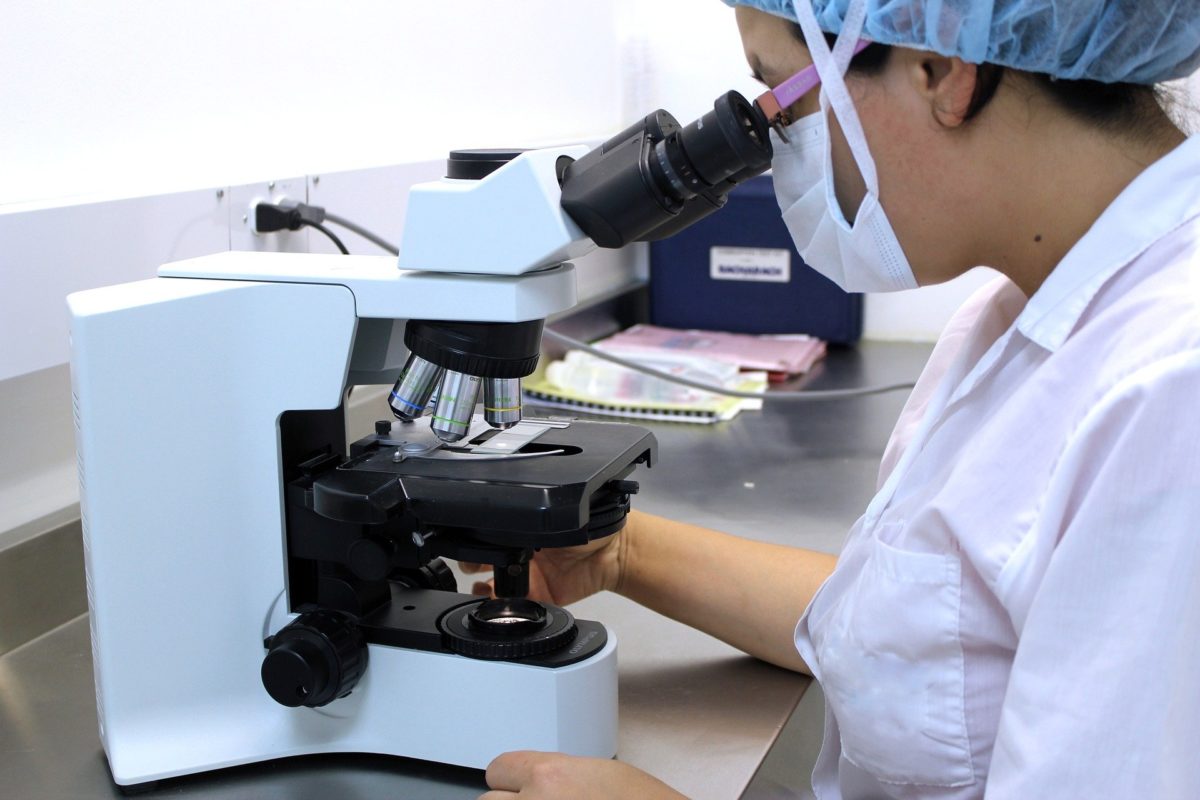The Marsden Fund, has allocated $77.391 million (excluding GST) to 113 research projects led by researchers in New Zealand. These grants support excellent research in the humanities, engineering, mātauranga, mathematics, science, and the social sciences for three years.
The fund continues to support up-and-coming researchers, with 41 Fast-Start grants awarded, for a total of $14,760,000 (excluding GST).
Fast-Start grants are designed to encourage the development of independent research and build momentum for exceptional careers.
The 2022 success rate was 13% for these awards.
Funded projects this year cover a broad range of topics including quantifying the impact of climate change on glaciers, uncovering cultural history of the taniwha, countering resistance to antibiotics, understanding the drivers of solar cell adoption in NZ and exploring writing in vagahau Niue, the language of Niue.
Established researchers and their teams were awarded 72 Marsden Fund Standard grants, for a total of $62,631,000 (excluding GST), with a success rate of 12.4%.
These research projects will address a wide range of issues of both local and international importance, including seeing if we can use ionic liquids as an alternative to harmful solvents, investigating the role of fructose in diabetic heart disease, understanding the history and future of the kūmara through Māori oral historical perspectives, and exploring the maths behind imaging technologies.
The successful projects are of world-class standard, having made it through a highly rigorous selection process, including substantial international peer review. Marsden Fund Council Chair Professor David Bilkey says.
“Support for curiosity-driven ‘blue-sky’ ideas is vital sustenance to feed the healthy, resilient, and diverse research culture we have in Aotearoa. The resulting mahi can be expected to challenge accepted ways of thinking, introduce new lines of enquiry, and sometimes lead to unexpected discoveries.
“The depth and breadth of knowledge represented in this year’s funded research is something to be proud of, with research excellence and scholarly impact in areas such as adapting to the climate crisis, improving hauora health and wellbeing, and advancing fundamental research that underpins new technologies.
Māori research and mātauranga Māori have been recognised across a range of disciplines this year, Professor Bilkey notes.
“For example, one project will use materials science and mātauranga Māori to try to explain the special physical properties of Pounamu, and in another example the aim is to understand and leverage mātauranga Māori-led recovery approaches to improve how we recover from disasters.
“Some examples of Kaupapa Māori approaches funded this year include an exploration of Māori views and expressions of emotions, and another which uses a Kaupapa Māori research paradigm to understand how mainstream sport can be decolonised to enable Māori self-determination.
“There is strong representation of the diversity of Māori world views in this research, which will benefit Aotearoa in many ways – for example, by helping us to better understand who we are, and by applying transformative approaches to some of our most pressing problems.”
The overall picture of funded projects this year includes an increased success rate for investigators identifying as Māori, which is 10.1% in 2022, compared to 8.9% last year.
Professor Bilkey has been involved with the Marsden Fund since 2009, when he was elected as a Panellist on the Economics and Human Behavioural Sciences panel. He was appointed Convenor of that panel in 2015, and then Chair of the Marsden Fund Council in 2018.
The overall success rate for applicants is up slightly from last year (12.6% this year, compared to 10.4% last year). The main reason for this is a slight fall in the total number of applicants.
The grants are distributed over three years and are fully costed; paying for salaries, students and postdoctoral positions, institutional overheads, and research consumables.
The Marsden Fund is managed by Royal Society Te Apārangi on behalf of the New Zealand Government with funding from the Ministry of Business, Innovation and Employment. Nā Te Hīkina Whakatutuki te mana hāpai.
View more at:
Information on the 2022 Marsden Fund round
Source: Royal Society of New Zealand












